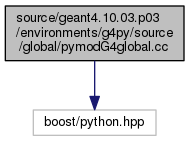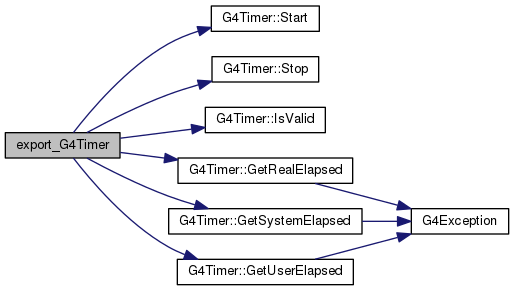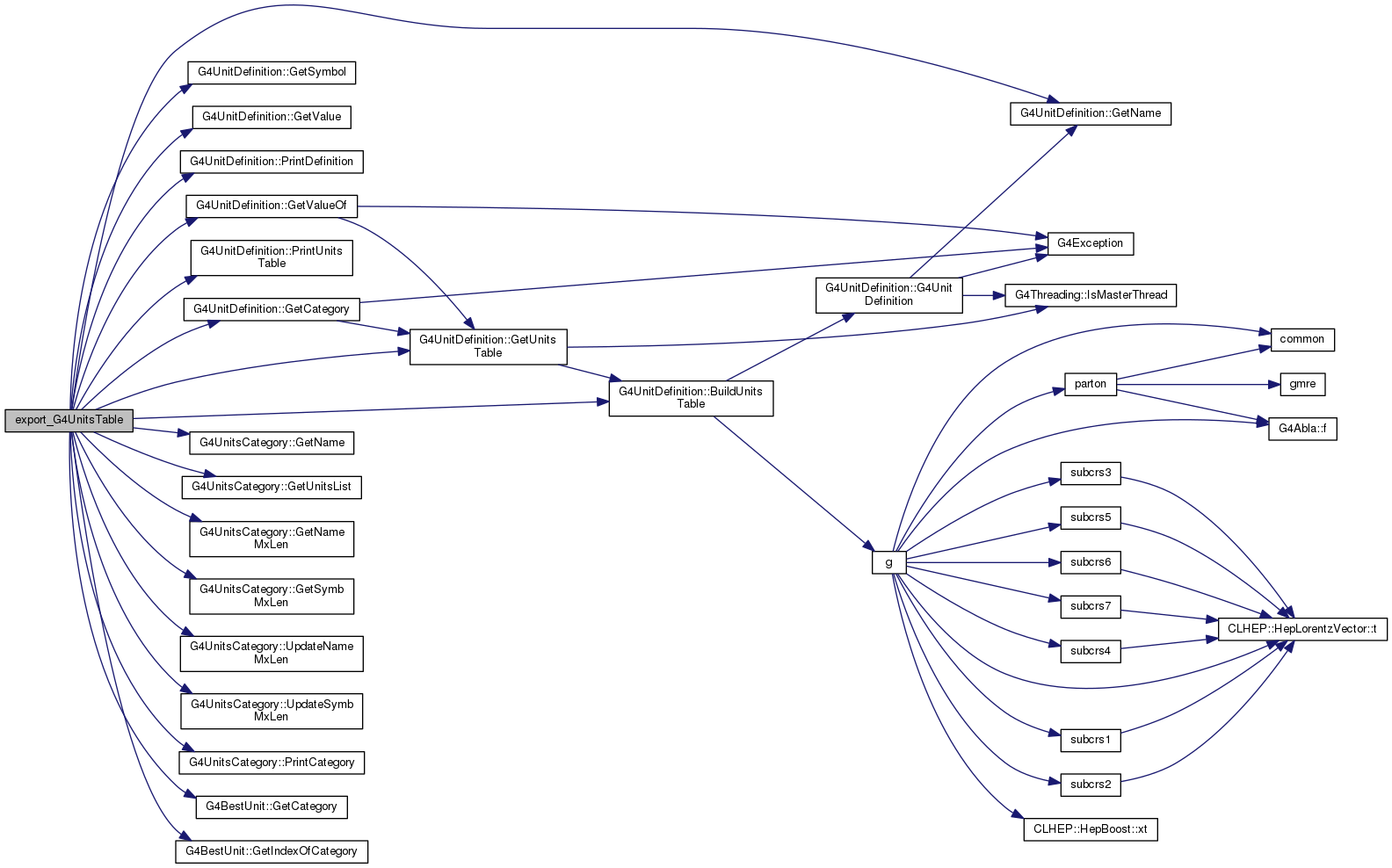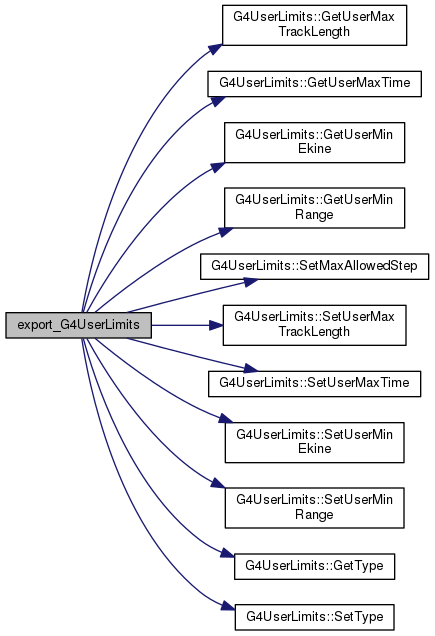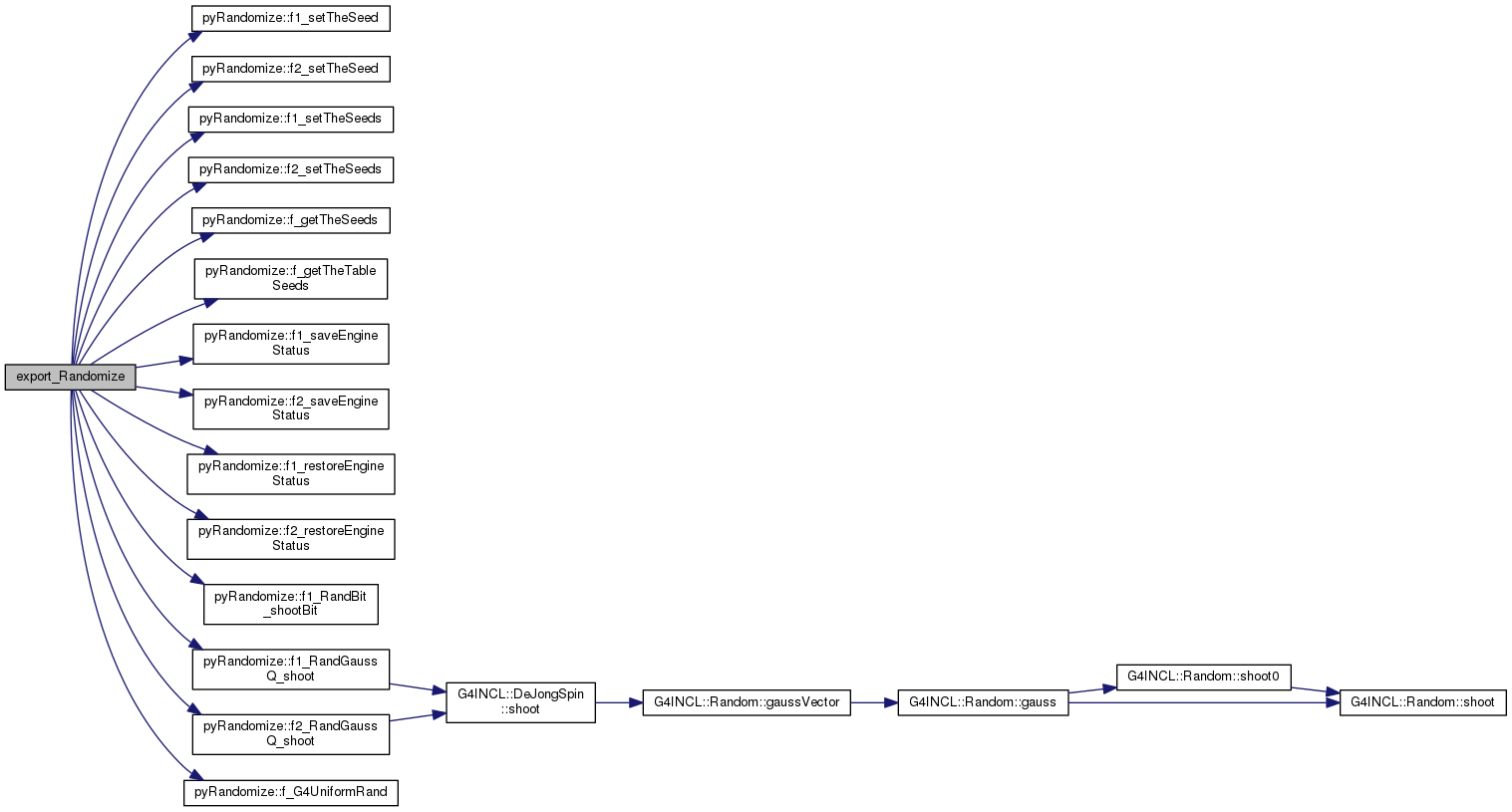101 class_<G4ThreeVector>(
"G4ThreeVector",
"general 3-vector")
103 .def(init<G4double>())
104 .def(init<G4double, G4double>())
105 .def(init<G4double, G4double, G4double>())
106 .def(init<const XXX&>())
109 .add_property(
"x", &
XXX::x, &XXX::setX)
110 .add_property(
"y", &XXX::y, &XXX::setY)
111 .add_property(
"z", &
XXX::z, &XXX::setZ)
114 .def(
"set", &XXX::set)
115 .def(
"phi", &XXX::phi)
116 .def(
"mag", &XXX::mag)
117 .def(
"mag2", &XXX::mag2)
118 .def(
"setPhi", &XXX::setPhi)
119 .def(
"setTheta", &XXX::setTheta)
120 .def(
"setMag", &XXX::setMag)
121 .def(
"setPerp", &XXX::setPerp)
122 .def(
"setCylTheta", &XXX::setCylTheta)
123 .def(
"howNear", &XXX::howNear)
124 .def(
"deltaR", &XXX::deltaR)
125 .def(
"unit", &XXX::unit)
126 .def(
"orthogonal", &XXX::orthogonal)
127 .def(
"dot", &XXX::dot)
128 .def(
"cross", &XXX::cross)
129 .def(
"pseudoRapidity", &XXX::pseudoRapidity)
130 .def(
"setEta", &XXX::setEta)
131 .def(
"setCylEta",&XXX::setCylEta)
132 .def(
"setRThetaPhi", &XXX::setRThetaPhi)
133 .def(
"setREtaPhi", &XXX::setREtaPhi)
134 .def(
"setRhoPhiZ", &XXX::setRhoPhiZ)
135 .def(
"setRhoPhiEta", &XXX::setRhoPhiEta)
136 .def(
"getX", &XXX::getX)
137 .def(
"getY", &XXX::getY)
138 .def(
"getZ", &XXX::getZ)
139 .def(
"getR", &XXX::getR)
140 .def(
"getTheta", &XXX::getTheta)
141 .def(
"getPhi", &XXX::getPhi)
143 .def(
"rho", &XXX::rho)
144 .def(
"getRho", &XXX::getRho)
145 .def(
"getEta", &XXX::getEta)
146 .def(
"setR", &XXX::setR)
147 .def(
"setRho", &XXX::setRho)
148 .def(
"compare", &XXX::compare)
149 .def(
"diff2", &XXX::diff2)
150 .def(
"setTolerance", &XXX::setTolerance)
151 .staticmethod(
"setTolerance")
152 .def(
"getTolerance", &XXX::getTolerance)
153 .staticmethod(
"getTolerance")
154 .def(
"isNear", &XXX::isNear, f_isNear())
155 .def(
"isParallel", &XXX::isParallel, f_isParallel())
156 .def(
"isOrthogonal", &XXX::isOrthogonal, f_isOrthogonal())
157 .def(
"howParallel", &XXX::howParallel)
158 .def(
"howOrthogonal", &XXX::howOrthogonal)
159 .def(
"beta", &XXX::beta)
160 .def(
"gamma", &XXX::gamma)
161 .def(
"deltaPhi", &XXX::deltaPhi)
162 .def(
"coLinearRapidity", &XXX::coLinearRapidity)
185 .def(
"rotateX", &XXX::rotateX,
186 return_value_policy<reference_existing_object>())
187 .def(
"rotateY", &XXX::rotateY,
188 return_value_policy<reference_existing_object>())
189 .def(
"rotateZ", &XXX::rotateZ,
190 return_value_policy<reference_existing_object>())
191 .def(
"rotateUz", &XXX::rotateUz,
192 return_value_policy<reference_existing_object>())
193 .def(
"transform",&XXX::transform,
194 return_value_policy<reference_existing_object>())
196 return_value_policy<reference_existing_object>())
198 return_value_policy<reference_existing_object>())
200 return_value_policy<reference_existing_object>())
203 .def(self_ns::str(
self))
XXX(XXX::* f1_project)() const
G4double(XXX::* f1_angle)() const
G4double(XXX::* f2_azimAngle)(const XXX &, const XXX &) const
G4double(XXX::* f2_theta)(const XXX &) const
G4double(XXX::* f2_angle)(const XXX &) const
XXX &(XXX::* f2_rotate)(G4double, const G4ThreeVector *)
G4double(XXX::* f1_theta)() const
XXX(XXX::* f1_perpPart)() const
XXX &(XXX::* f5_rotate)(G4double, G4double, G4double)
G4double(XXX::* f1_eta)() const
XXX(XXX::* f2_perpPart)(const XXX &) const
G4double(XXX::* f2_eta)(const XXX &) const
G4double(XXX::* f2_polarAngle)(const XXX &, const XXX &) const
XXX(XXX::* f2_project)(const XXX &) const
G4double(XXX::* f1_cosTheta)() const
G4double(XXX::* f2_cos2Theta)(const XXX &) const
G4double(XXX::* f2_perp2)(const XXX &) const
XXX &(XXX::* f1_rotate)(G4double, const G4ThreeVector &)
G4double(XXX::* f1_perp2)() const
G4double(XXX::* f2_cosTheta)(const XXX &) const
G4double(XXX::* f1_cos2Theta)() const
G4double(XXX::* f1_polarAngle)(const XXX &) const
G4double(XXX::* f1_rapidity)() const
G4double(XXX::* f2_rapidity)(const XXX &) const
G4double(XXX::* f1_azimAngle)(const XXX &) const
